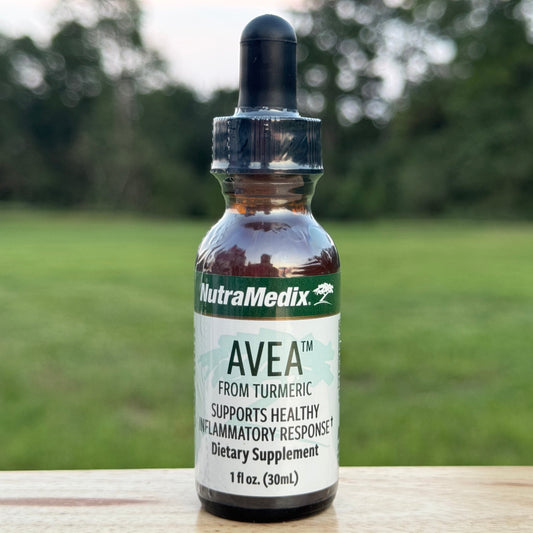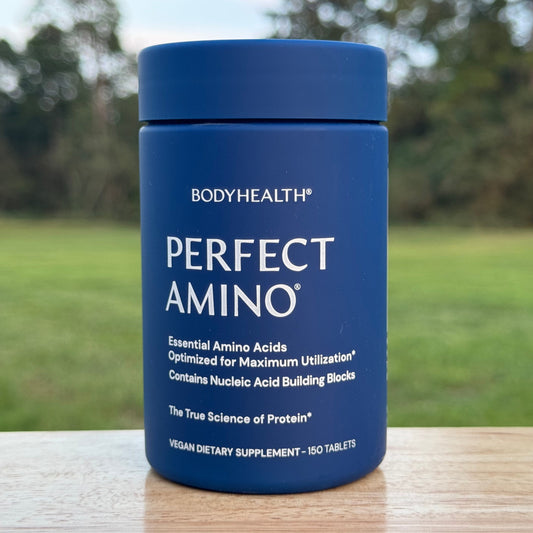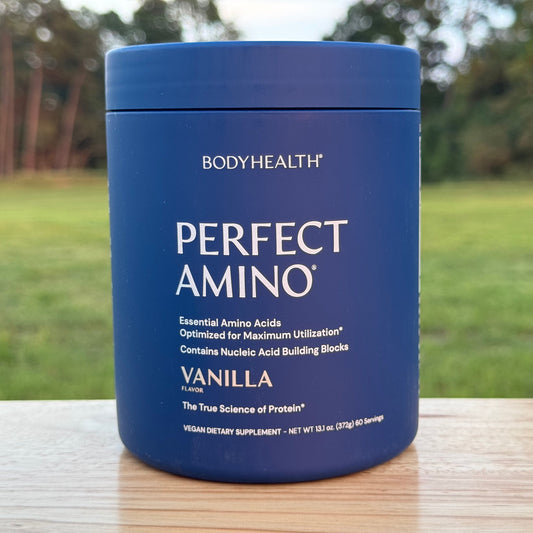
Welcome back to #get2theroot, the podcast from Hope for Healing in The Woodlands, Texas, where we explore the root causes of health challenges and share science-based strategies for healing.
In part one, we introduced PANS and PANDAS and explained how these conditions can trigger sudden, dramatic changes in a child’s behavior and mood. Now, in part two, we’re diving deeper into treatment — exploring how conventional care often focuses on symptom control, and how a functional medicine approach looks beneath the surface to uncover and address the root causes of inflammation and immune dysfunction.
Conventional Treatments: Where Most Families Start
Many families first encounter conventional treatments when their child is diagnosed with PANS or PANDAS. These approaches can be helpful in acute situations but often focus only on symptom control rather than root causes. Common options include:
-
Antibiotics to address strep or other bacterial infections
-
Steroids (oral or IV) to suppress immune activity and reduce inflammation
-
Non-steroidal anti-inflammatories (NSAIDs) like ibuprofen for short-term symptom relief
-
Antiviral medications if viral infections are suspected
-
Intravenous immunoglobulin (IVIG) to modulate the immune response
-
Cognitive behavioral therapy (CBT) for OCD, anxiety, or other neuropsychiatric symptoms
These tools can be important parts of care — especially in severe or acute cases — but they often stop short of addressing why the immune system became dysregulated in the first place.
Going Deeper: The Functional Medicine Difference
Functional medicine aims to uncover and correct the underlying causes of brain inflammation rather than just managing its effects. Dr. Paula Kruppstadt and the Hope for Healing team take a root-cause approach that includes:
Environmental Assessment
Many children with PANS/PANDAS are exposed to hidden environmental triggers — like mold in water-damaged buildings — that fuel inflammation. Even if there’s no musty smell or visible growth, these exposures can significantly impact the immune system.
Genetics-Informed Care
Genetics influence how the body processes inflammation, neurotransmitters, and nutrients. One key example is the GAD1 enzyme, which helps convert glutamate into calming GABA. If this pathway isn’t working well, supplements containing glutamine or glutamate can worsen anxiety and OCD. Knowing a child’s genetic profile allows for more precise, effective treatment choices.
Nutritional and Gut Support
Nutrient deficiencies can worsen inflammation and brain symptoms. A thorough nutritional assessment may reveal imbalances in:
-
Zinc and copper
-
Omega-3 fatty acids
-
Vitamin A and other essential vitamins
Restoring nutrient balance and repairing gut health are essential steps toward calming the immune response and supporting the brain.
Therapies and Tools That Support Healing
A comprehensive functional medicine plan may include:
-
Clean, non-inflammatory amino acid supplements (without glutamate or glutamine)
-
Low-dose naltrexone (LDN) to modulate immune signaling
-
Curcuminoid formulations and glutathione to reduce oxidative stress and support detoxification
-
CBD products (without THC) for neuroinflammation and nervous system support
-
Targeted antivirals and antibiotics guided by lab results
-
Dietary changes, including removal of gluten, dairy, and ultra-processed foods
Some children with severe symptoms may also require IV nutrition, PICC lines, or central lines for antibiotic delivery when oral options aren’t possible. Every care plan is personalized to the child’s needs and root causes.
The Power of Layered Care
One of the most important principles in functional medicine is order and layering — addressing one root cause at a time and supporting the body step by step. It’s not about throwing every therapy at once, but about sequencing care to reduce inflammation safely and effectively.
This often means starting with environmental clean-up and gut repair, then moving into targeted antimicrobials, genetic-guided supplementation, and long-term immune support.
Hope Begins with the Right Approach
PANS and PANDAS can feel overwhelming, but there is hope. By shifting from a symptom-focused model to a root-cause approach, many children see dramatic improvements — and some achieve full remission.
Functional medicine doesn’t ignore conventional tools; it builds on them, offering a more complete roadmap to healing the brain and restoring balance.




